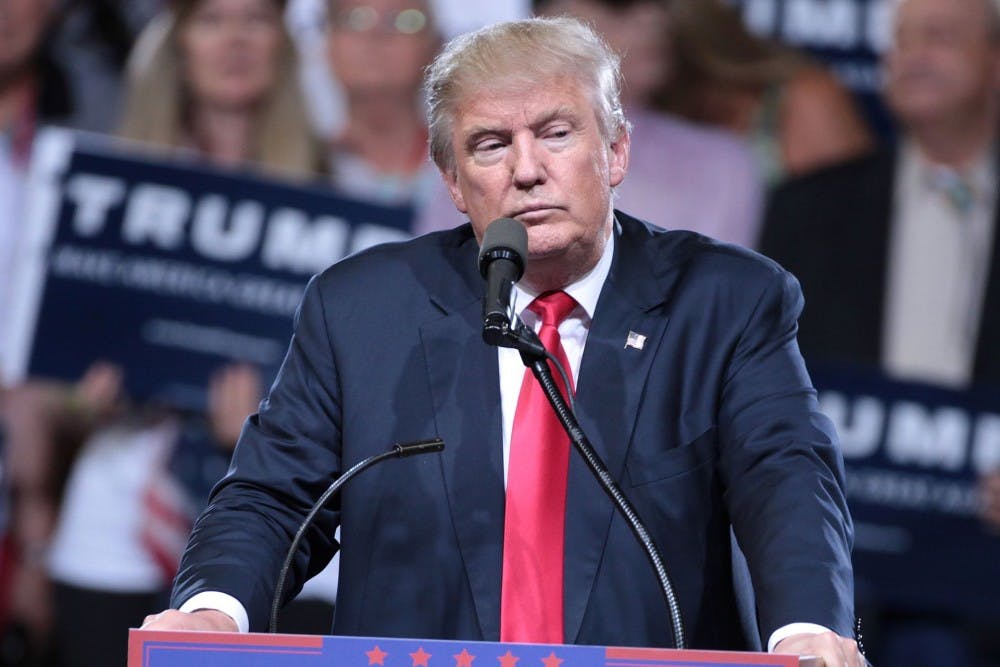President Donald Trump recently announced he will reverse crucial pieces of what he called a “terrible and misguided deal” with Cuba and reinstate the restrictions eased by the Obama administration. Unsurprisingly, Trump has decided to turn back to a failed Cold War mindset by re-imposing restrictions on diplomatic, commercial and people-to-people ties — worsening the prospects for reform inside the island, and disregarding the desires of the Cuban people and a majority of Americans.
The Trump administration's new measures are mostly rationalized by the argument that the large amount of money spent by American visitors and tourists "trickle up" to the Cuban government, given the Cuban military's vast ownership — nearly 60 percent — of island enterprises in different sectors of the Cuban economy. Yet, this ignores the significant benefits the island’s reopening has provided the Cuban people. With the establishment of direct flights and broadened authorization for travel to Cuba, the number of Americans visiting increased by 50 percent last year alone. These tourists brought new opportunities and resources directly to the Cuban people — Airbnb estimates that $40 million in revenue have reached Cuban hosts since April 2015. The Cuban government also expanded access to the Internet and mobile phones. American technology companies forged new agreements, including one which improves Internet access for Cubans. While President Trump’s actions will not reverse all of this progress, they do represent a step backwards.
The nature of these changes was also heavily influenced by the rationale that Cuba must change its human rights record before restrictions are lifted — but the reality is that Trump doesn’t care about what authoritarian governments do with their people. Last month, the president visited Saudi Arabia — a country ruled by a family dynasty, where women can’t drive and criminals are beheaded. During his visit, the president announced billions of dollars in arms sales to the government, saying: “We are not here to lecture. We are not here to tell other people how to live.” It therefore seems improbable that Trump’s Cuba policy is fueled by a commitment to promote human rights and lecture countries around the world on how “to live.” Moreover, the embargo has been a failure as a democracy-promotion tool. For over five decades, it has been in place. For over five decades, the Castro brothers have governed Cuba.
It’s the traditional (and wrong) assumption that the demographic which Trump sought to please — aging Florida Cuban-Americans — operates as a reactionary voting bloc and that they helped Trump win the election. It’s no surprise the president is now looking to keep his campaign promise to crack down on Cuba, especially with mounting pressure from Sen. Marco Rubio, R-Fla., to keep that promise. Disappointingly, these policy changes are based simply on political favors instead of merit, or even originality. They are not designed to give the United States a better deal. If anything, they are designed to deliver a better deal for Russia and China, both of which will certainly take advantage of the lack of a growing American commercial presence in the island.
Trump’s Cuba policies are doomed to fail. Support for reestablishing ties and removing restrictions on the island among Cubans and Americans has never been higher. Our countries have witnessed the potential progress of an open diplomatic and commercial relationship these past two years — the United States should strive to maintain it by promoting engagement and removing the embargo.
Carlos Lopez is the Executive Editor of The Cavalier Daily. He can be reached at c.lopez@cavalierdaily.com.







